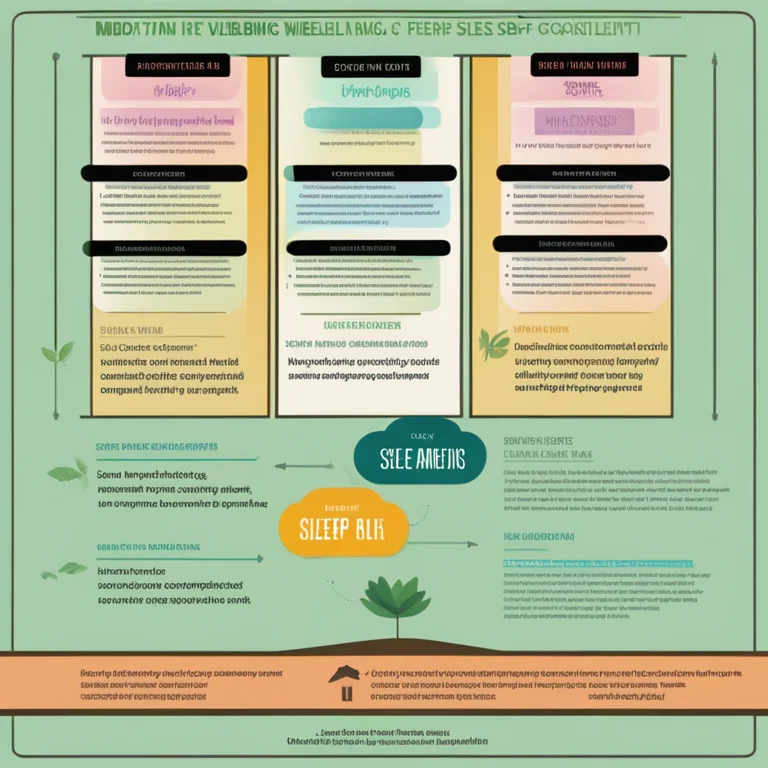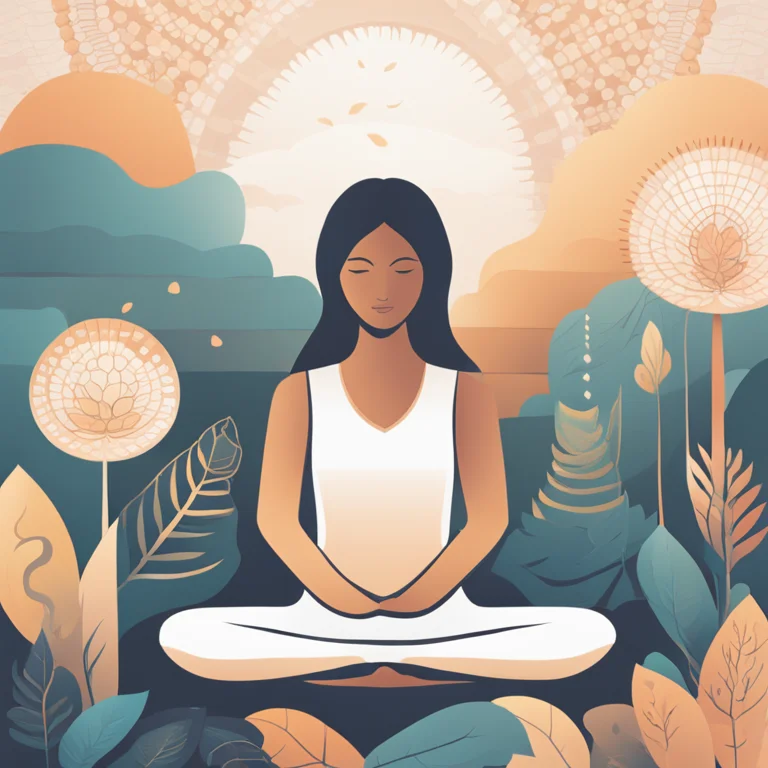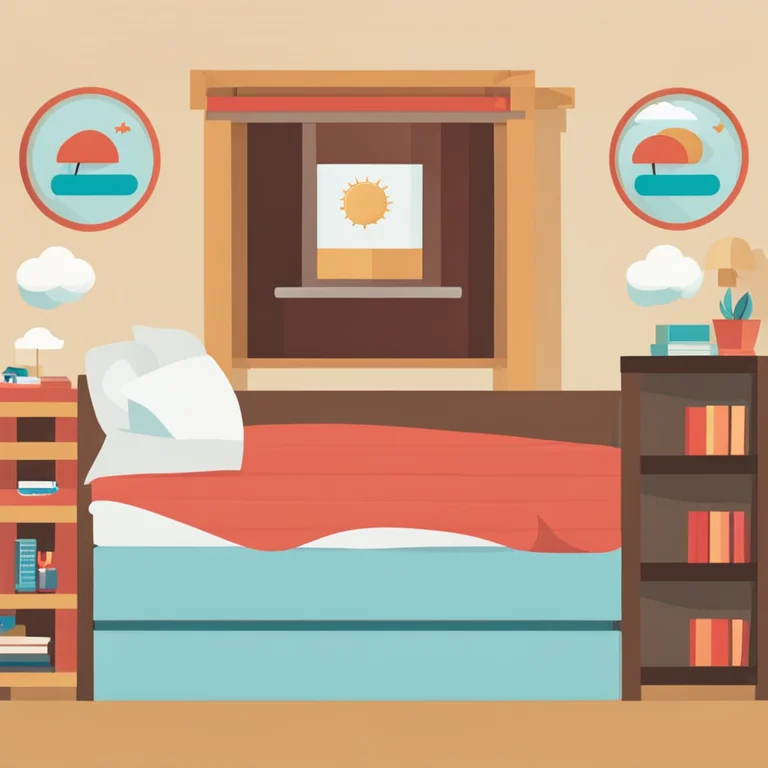
Can Meditation Supplant Sleep?
Discover if meditation can serve as a substitute for sleep and its potential effects on the body and mind.
article by Hina Kurosawa
The Quest for Rest: Meditation vs. Sleep
In our fast-paced society, the value of rest cannot be overstated. As we aim to strike a balance between productivity and wellbeing, some suggest meditation could be an alternative to traditional slumber. Proponents of this theory argue that meditation offers deep rest to the mind and body, akin to sleep. However, is this rest enough to forego the zzz’s entirely? With meditation becoming increasingly mainstream, this article delves into the science of sleep and the practice of meditation to assess if one could potentially replace the other.

Understanding Sleep Fundamentals
Before we address meditation's potential as a sleep replacement, it's essential to understand sleep's fundamental roles. Sleep is a complex biological process that is crucial for brain function, memory consolidation, and physical health. During sleep, multiple brain and body systems engage in restoration and strengthening processes that simply cannot be replicated by any form of wakefulness, including meditation. Sleep specialists in 2024 continue to assert that the physiological benefits of sleep are unique and non-negotiable.

Meditation's Effects on the Mind and Body
Meditation is a practice focusing on mind-body awareness and attention control, with effects on the parasympathetic nervous system similar to those during early stages of sleep. Studies have shown that regular meditation can reduce stress, improve concentration, and even enhance overall health. The relaxation response elicited by meditation has been linked to lower blood pressure, improved digestion, and reduced chronic pain, suggesting a complement to sleep rather than a replacement.

Can You Meditate Away Sleep Debt?
The concept of 'sleep debt' refers to the cumulative effect of not getting enough sleep. While one may feel temporarily refreshed after a meditation session, scientists in 2024 reaffirm that meditation does not erase sleep debt. The deep restorative phases of sleep, particularly REM and deep non-REM stages, are crucial for cognitive functions and physical health. Meditation, although beneficial, does not replicate these sleep stages, and thus cannot erase sleep debt or replace sleep's vital biological functions.

Comparing Restorative Benefits
When it comes to rest, both sleep and meditation have their places. Meditation holds the power to offer restorative breaks during the day, which can be particularly beneficial for individuals who struggle with sleep disorders such as insomnia. A 2024 study found that incorporating meditation into one's daily routine not only improved sleep quality but also helped participants cope with the stress that often exacerbates sleep issues. While meditation enhances rest, it remains distinct and complementary to sleep.
Balance Rather Than Replacement
While meditation offers significant benefits for mental clarity and physical relaxation, the balance between meditation and sleep is essential. Experts continue to recommend 7 to 9 hours of sleep per night for the average adult. Incorporating meditation may enhance the quality of this sleep and provide additional benefits, but it is not a standalone solution for sleep needs. Embracing both practices in harmony can lead to optimal health and wellbeing.
Final Thoughts
As we continue to search for ways to improve our daily lives, understanding the roles of both sleep and meditation is key. Meditation can serve as a powerful tool to enhance our sleep experience, manage stress, and promote relaxation. However, it is not a panacea for sleeplessness. As of 2024, meditation is a supplement to sleep, not a substitute. For those looking to improve their rest, consider embracing both practices for a holistic approach to wellbeing.
Published: 1/9/2024
Modified: 1/9/2024
More predictions
Come back here soon to learn more about yourself and your future


The Serenity Sojourn: Embrace a Meditation Retreat
Delve into the tranquility of a meditation retreat and rejuvenate your mind, body, and soul with practices that transcend time.


The Harmony of Meditation and Sleep
Discover the synergistic benefits of meditation for enhancing sleep quality and overall well-being in this insightful article.


The Serene Path: A Guide to Meditation Retreats
Discover the transformative journey of meditation retreats and how they can enhance your spiritual practice in a serene environment.